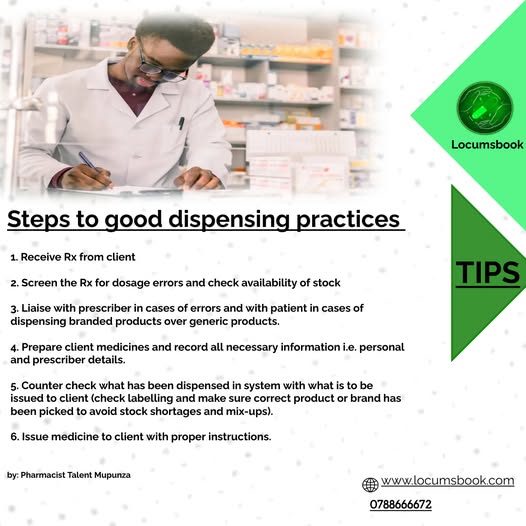HANDLING WORK PRESSURE AND WORK STRESS
MENTAL HEALTH SERIES
Featured Blogger
August 17, 2025
20/02/25
Pressure and stress are quite frequently used interchangeably when we speak about our work structures, but they are, in fact, different but also normal and necessary, in the right proportions, to our work lives.
“Work pressure is the urge you get to complete work-related tasks within a specific period to appropriate and acceptable levels.” (4) This is a normal and expected part of work. Pressure can include things like set deadlines and sales goals. It is about a set of expectations that an organization expects of its employees to produce the intended results. This ensures that the organisation stays on track and reaches its goals on time.
“Work stress is the reaction that occurs when pressure from work exceeds your threshold of spiritual, physical and emotional ability to bear pressure.” (4) Stress is a normal part of life but too much of it can be a product of inappropriate pressure, where unrealistic expectations are set by management that the employees cannot achieve. Examples of this can include expecting high sales with limited stock, giving tight deadlines for reports that would take longer than the allotted time, or expecting tasks to be completed with no explanation or appropriate training.
This is where work pressure becomes work stress. Most people are able to handle work pressure but there are also cases where the mental state of the employee is affected by factors outside the workplace that makes it difficult to handle the pressure, even if the pressure is appropriate. In either case, changes and accommodations are necessary to ensure that employees are able to work well and produce good results.
When employees experience too much pressure and stress, they will engage in misconduct to achieve the expected goals. (1) For example, pharmacists will sell prescription medications instead of referring to boost sales, reports are forged to produce something more favourable, or they can push their work off onto other employees who are either younger or their junior. They will engage in behaviour that puts them and the organisation in compromising positions that can lead to dire consequences for the employer.
On top of that, the stress can also have an impact on the mental health of employees, which can lead to missing deadlines, making avoidable mistakes and frequent absences. (2)
The lack of pressure can breed complacency and lead to poor results all the same. So there needs to be a delicate balance made as going to either extreme does not bode well for the organisation. Employers can help reduce stress by
1. Engaging more with their employees and making sure they are made part of major discussions of things that affect them.
2. Giving your employees some level control over their work will help them to better regulate themselves and their work.
3. Keep open lines of communication with your employees so they can let you know what is working and what is not.
4. Taking the time to see things from their perspective and make the appropriate adjustments within reason.
5. Assigning work assignments appropriately and giving training where necessary
6. Being clear about their roles and responsibilities.
7. Giving appropriate support for mental health and encouraging professional growth.
Employees should also remember to work within reasonable means. Work within your work hours, communicate with your employer to avoid misunderstanding and avoid misconduct. Know your limits as an employee and do not be afraid to decline assignments that you are unable to undertake. Most importantly, do not be afraid to ask for help when you can not handle the pressure and stress.
In as much as there is more pressure on the employer, it is also on the employee to not suffer in silence and build up undue resentment. Most employers are reasonable people who will listen and change where necessary. You as an employee are not expected to stay in a toxic and abusive workplace but you do owe it to yourself to at least try and see if you can engage your employer to make the workplace better for yourself and your employer. Only where there is open communication can there be progress.
References
1. https://www.ethics.org/pressure-in-the-workplace-risk-factors-and-tips-to-reduce-pressure/ accessed 07/02/2025
2. https://www.hsdept.co.uk/services/stress-risk-assessment/pressure-vs-stress-in-the-workplace/ accessed 07/02/2025
3. https://openside.group/work-pressure-vs-work-stress/ accessed 07/02/2025
4. https://uk.indeed.com/career-advice/career-development/work-pressure accessed 07/02/2025


